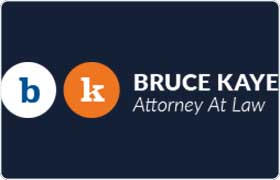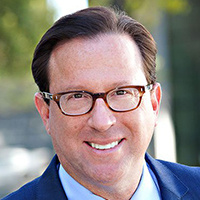Melissa Felony Lawyer, Texas
Sponsored Law Firm
-
 x
x

Click For More Info:
-
Law Offices Of Bruce C. Kaye
400 N. St. Paul St.1110 Dallas, TX 75201» view mapCriminal Defense Law Changing Lives, One Case At A Time
The best thing about running my own practice is the opportunity to give my clients the individual attention they deserve.
800-920-9461
Darlina Crowder
Criminal, Domestic Violence & Neglect, Felony, DUI-DWI, Misdemeanor
Attorney Darlina C. Crowder provides criminal defense representation for clients in the Plano, Texas area. She has been practicing law in the U.S. Dis... (more)
FREE CONSULTATION
CONTACTFREE CONSULTATION
CONTACTFREE CONSULTATION
CONTACTDouglas Joe Brooks
Divorce & Family Law, Felony, Criminal, Accident & Injury
Status: In Good Standing Licensed: 54 Years
FREE CONSULTATION
CONTACTJoseph C. Boswell
Grand Jury Proceedings, Felony, DUI-DWI, Criminal
Status: In Good Standing Licensed: 29 Years
FREE CONSULTATION
CONTACT Bruce Kaye Dallas, TX
Bruce Kaye Dallas, TX


